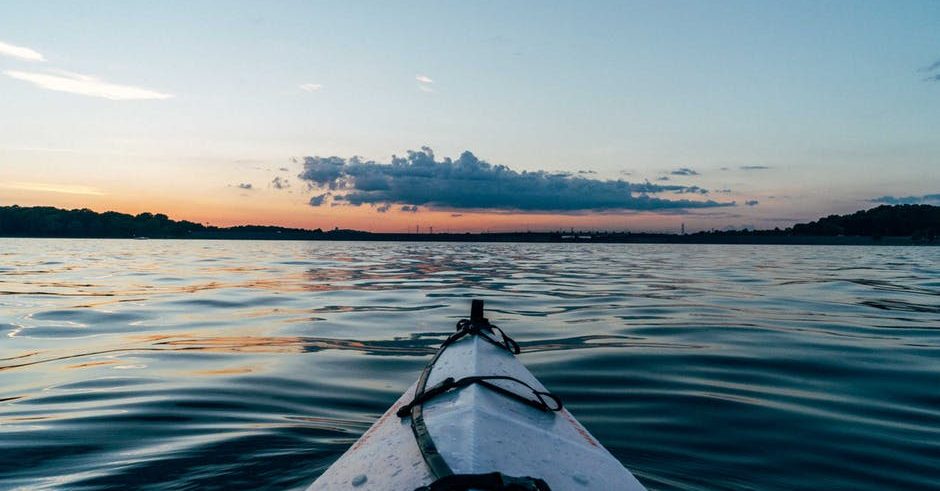
As the weather is starting to warm up swimming and boating season is just around the corner. While this is a very exciting time of year with families taking vacation to go to their cottage, going camping, fishing, or waterskiing. It is always a good idea to familiarize yourself and your loved ones with water safety tips, no matter how experienced you are. So, before you head out on the waters, consider these 5 water safety tips:
In Canada it is required by law to have a personal flotation device (PFD) or lifejacket onboard for each person on the watercraft in use. This includes canoes, kayaks, rowboats, and boats powered by motors. It is not enough to have the lifejacket or PFD present on the boat in use, each person on the boat should have their flotation device securely fastened at all times. If the boat was to capsize or someone was to fall overboard, it is very unlikely that they would be able to retrieve their flotation device and securely fasten it while in distress. If your boat has capsized, hang onto the upstream end of your boat. The majority of drowning victims from boating accidents were found not to be wearing a life jacket or personal flotation device, meaning that the more than 160 tragic boating-related drownings could have been prevented. Not sure which lifejacket is right for you and your family? Take a look at the chart on discover boating’s website, just click on the link below:
http://www.discoverboating.ca/resources/pfd.aspx
The probability of being involved in a boating accident doubled when alcohol is involved is a powerful statement that is very easily avoidable. Similar to drinking and driving, boating under the influence is an offence under the Criminal Code of Canada. If you are planning on consuming alcohol on a boat you first need to be sure it is anchored or docked and permanent sleeping, toilet, and kitchen facilities should be installed on the boat. If your boat does not fit those requirements, practice boating safety and save the alcohol for the land.
Open water has more challenges than your average pool, but it also has more opportunity for adventure if done correctly. One of many differences with open water is the current. Any boater or swimmer who underestimates the power of the current can be swept away instantly. Currents around rocks, pillars, and at the base of dams are more powerful and can trap the strongest swimmers so always be aware of your surroundings when in open water. If you ever find yourself caught in a strong current, roll onto your back and go downstream feet first. Once you are out of the strongest portion of the current, swim directly to shore. Be sure of the water temperatures, undertows, underwater obstacles, depths and drop offs before swimming in new waters. Always jump into new waters feet first even if the water is clear, depths can be deceiving. Just as importantly, always swim with a buddy.
Creating the correct environment around pools is just as important as safety inside the pool area. The pool should be fenced off. A four-sided fence should surround the pool; the house does not include one of the barriers. A self-closing latched gate should be in place as well and check it regularly to ensure it is in good working order. Pool rules should be established by the owners of the pool and should be known to anyone in use of the pool. Adult supervision is required at all times as the absence of adult supervision is a factor in most child drowning incidents. The adult should have an easily accessible throwing assistant and a working phone nearby them at all times when they are supervising the pool. In addition to adult supervision, non-swimmers and weak swimmers should wear a lifejacket when they are around the pool area and in the pool itself. Toddler pools should be emptied after each use as well if they are not around immediate supervision.
Ensure that your client’s boat is properly insured before the summer is in full swing. Many times a client has a boat but was unaware that they could have their boat on their homeowner’s policy. Boat insurance is very important and could protect your client in the event of theft, damage to the boat, or a liability claim. Contact our personal lines new business team today for more information.
For more information on water safety see the links below:
http://www.discoverboating.ca/beginner/safety/tips.aspx
https://www.tc.gc.ca/eng/marinesafety/debs-obs-quick-quick_visitor-1610.htm